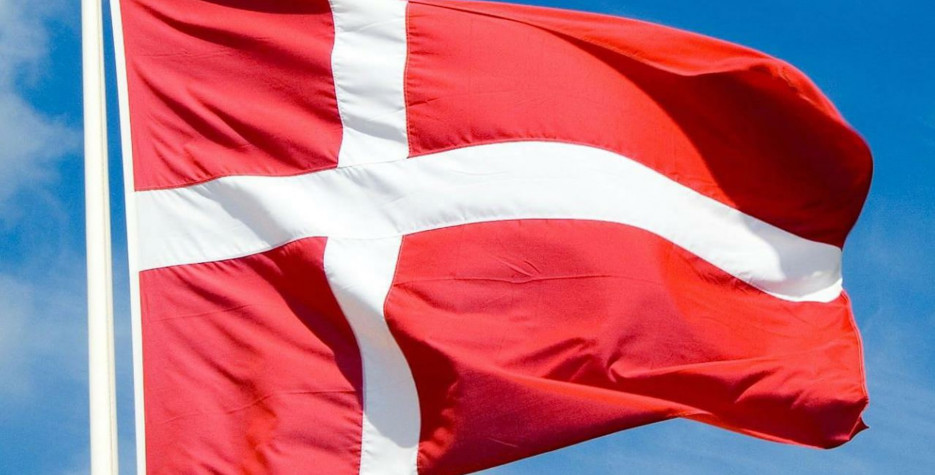Danish Constitution Day in Faroe Islands
This public holiday in the Faroe Islands is observed as a half day holiday in the afternoon.
When is Danish Constitution Day?
This holiday is always celebrated on June 5th.
Though it has never been an official national public holiday, Danish Constitution Day was a half-day off work from 1891 until 1975. Since then, collective labour agreements have usually given workers a half-day or the whole day off on Constitution Day. Government offices, banks and educational establishments are closed and stores with an annual turnover of at most 34.9 million kroner can stay open on Constitution Day, but all other stores must stay closed.
Private companies can decide whether to give employees a holiday and in some cases, this may be a half-day holiday. We would still recommend avoiding any meetings with colleagues or clients from Denmark on this day.
History of Danish Constitution Day
Constitution Day (Danish: Grundlovsdag) commemorates the anniversary of the signing of the Danish constitution of 1849 by King Frederik VII, which established Denmark as a constitutional monarchy, following the Danish Constituent Assembly of 1848 and 1849. From 1660 until 1849 Denmark had been an absolute monarchy.
The constitution was completely rewritten in 1866 and again on June 5th 1915, when women's suffrage (given the vote) was introduced.
It additionally honours the constitution of 1953, which was adopted on the same day.
Traditions of Danish Constitution Day
As most businesses and shops are closed today, many Danes celebrate their nation's democracy and constitution with fællessang (group singing) and udendørsarrangementer (open-air gatherings) in public parks, where pølser (hotdogs) and beer are enjoyed by friends and family alike in the typically warm Scandinavian June weather. Concerts, theatre performances, art exhibitions, and other cultural events are organized to celebrate Constitution Day. These events showcase Danish talent and creativity while reflecting the cultural diversity and richness of the country.
Flag-raising ceremonies are held in different cities and towns across Denmark. The Danish flag, known as the Dannebrog, is raised in public spaces, symbolizing unity and national pride.
Schools and educational institutions may conduct special programs and activities to educate students about the Danish Constitution, its history, and its significance. This can include lectures, workshops, and interactive sessions to promote awareness and understanding of democratic values.
Many families and communities use Constitution Day as an opportunity to spend time together, organizing picnics, barbecues, or other social gatherings. It is a day to strengthen social bonds and enjoy the company of loved ones.
These events vary in scale and nature, ranging from official ceremonies to grassroots initiatives organized by local communities. The aim is to engage people in the celebration of democracy and the values enshrined in the Danish Constitution.
While it is the closest day to a national day for the Danish, the day is not widely used to celebrate the constitution as is seen in other countries, for example, Norway.
Father's Day
This day is also Father's Day in Denmark, a tradition adopted by the Danish in 1935, but did you know that a PR failure in 1949 meant it isn't celebrated on the same day as the rest of Scandanavia?


